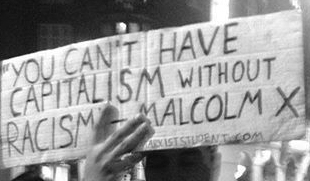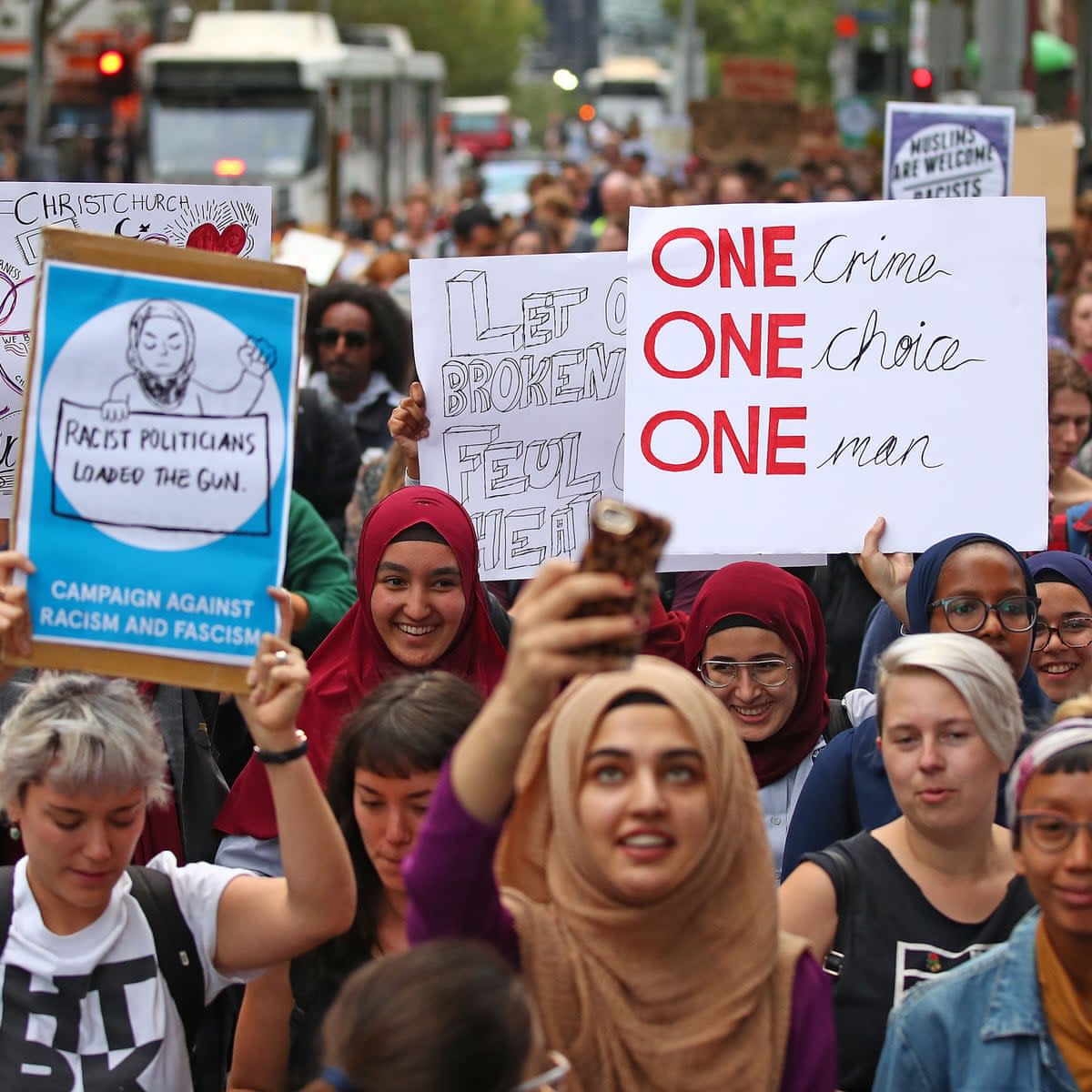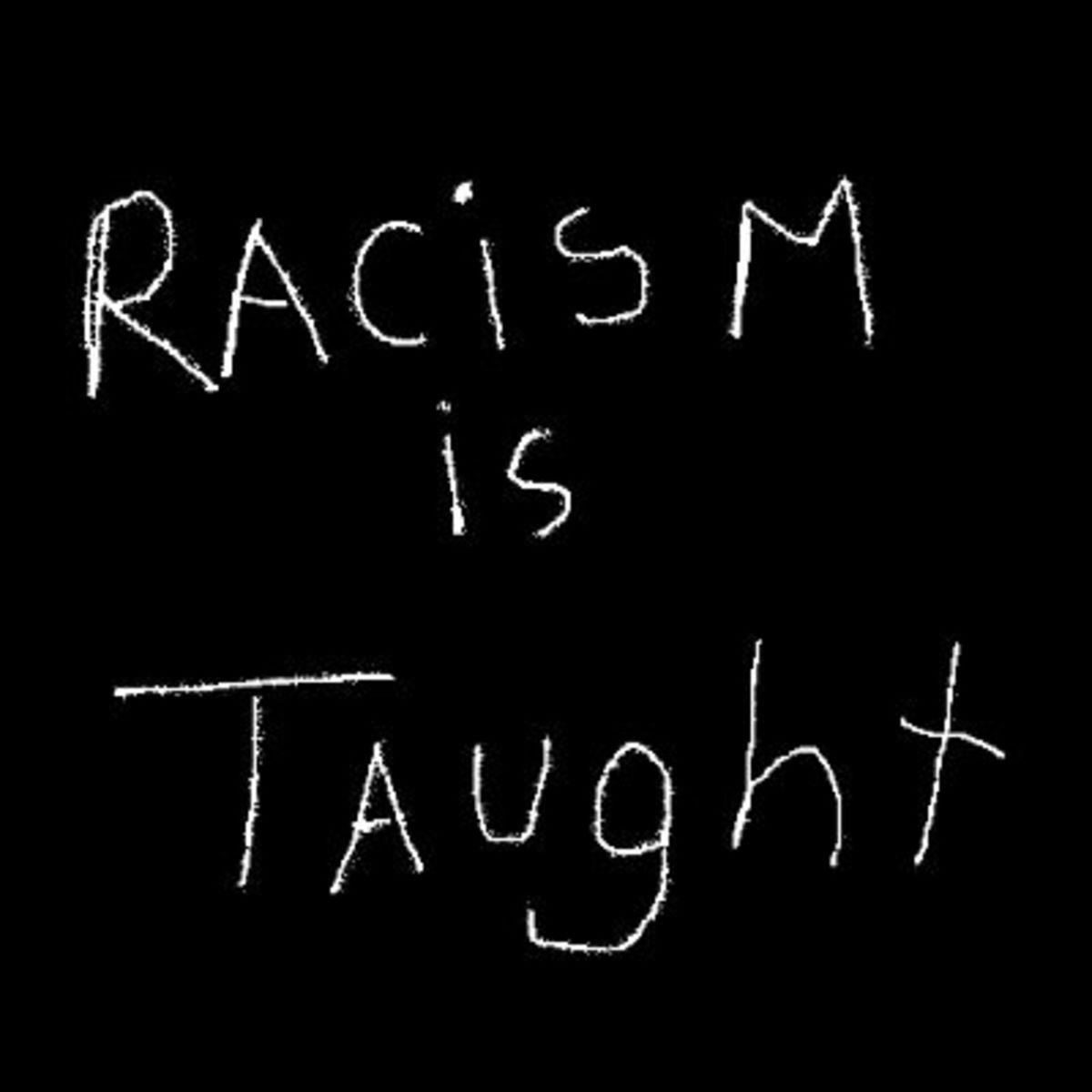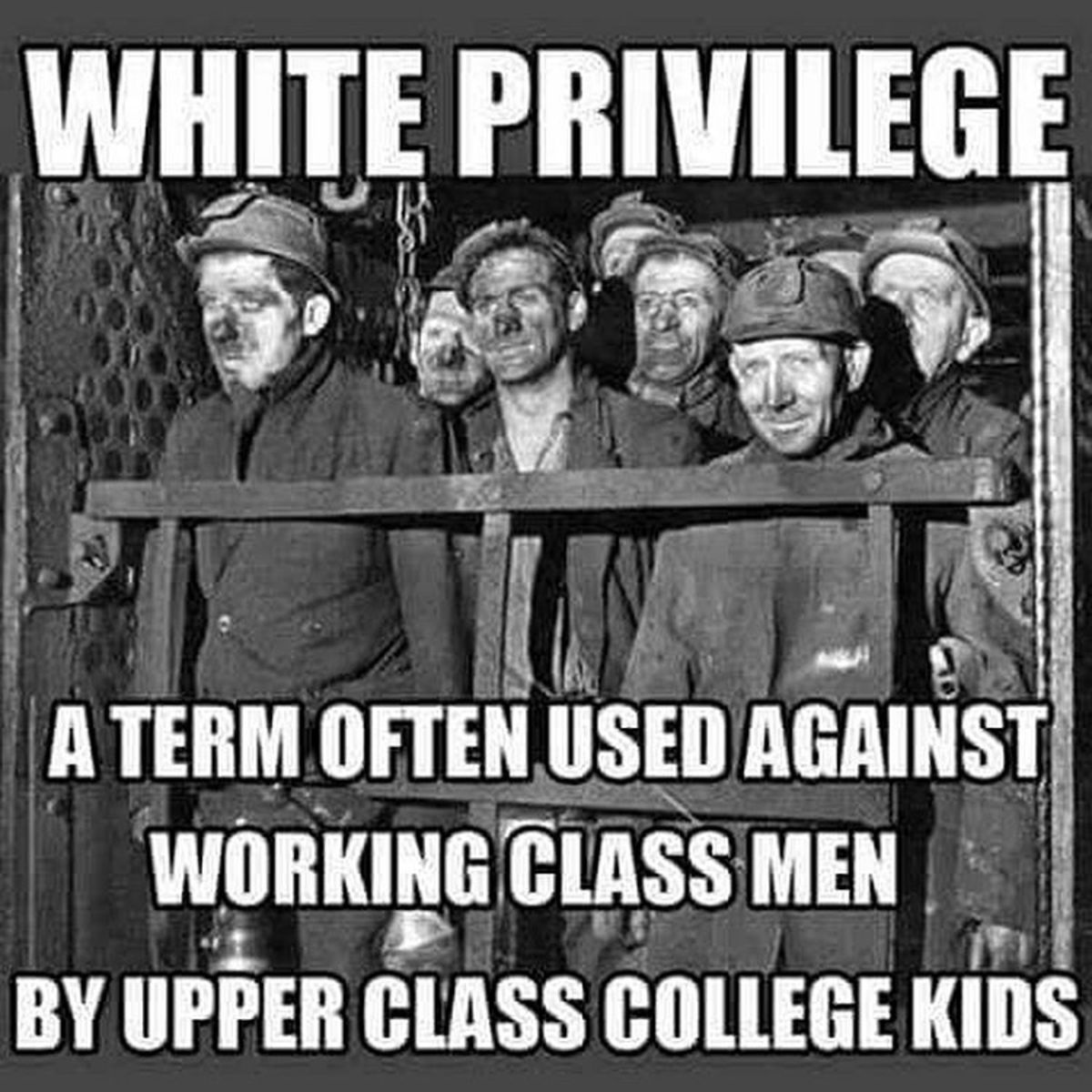Bigotry in the Workplace: Capitalism's Further Support of Racism

Adjusting Racism
One of the most dynamic and yet misunderstood facets of racism is that it's durable and malleable. Almost any socio-economic arrangement can be adjusted to support and enforce it. In today's modern world, capitalism is no different. Racism requires power and capitalism is where racism gets it's power from. However, what's often so misunderstood isn't the dynamism of racism but, instead, the complexity of the power that upholds racism. It can be found in virtually every aspect of life. The power of racism is so versatile and normalized in western culture that often times, it underlies particular social contracts and unspoken agreements that seem otherwise innocuous and practical. The sociologically accepted understanding of workplace conduct is yet another one of these circumstances that happen to reinforce racism under the rubric of capitalism.
Workplace Behavior
A commonly unwritten rule that is collectively understood by the national work force is what topics of discussion are and are not acceptable or appropriate for the work place; chief among them being politics and religion. From the very onset of entering into the job market, we are conditioned to understand and agree that discussing politics and religion is not in our best interest due to how controversial, distracting, and incendiary these topics of conversation tend to be. Under the guise of keeping the workplace amicable and, therefore productive, society tends to agree that discussing politics and religion is inappropriate workplace conversation. However, we need to ask why the workplace is widely considered to be off limits for these discussions considering both how much time we spend in the work place, as well as the political role that the work place plays in our everyday individual and social lives.
People Over Production
Racism is unquestionably a topic of political discourse. At it's most fundememtal level, racism exists on a political spectrum to which both society and individuals take an inherent stance. If we are going to eradicate racism from society, then it needs to be brought out in the open and discussed. Furthermore, it must be done so immediately in every context that it arises. Yet, we are continually conditioned to refrain from discussing politics in the workplace. This is because industrial production cannot proceed while political progress is taking place. And if industrial production is at a standstill, then so are profits. Because capitalism is so embedded into the fabric of our society, the national workforce is conditioned to place the interests of the company ahead of it's own. Therefore, the company's profits take precedence over the eradication of racism in the workplace. If the workers are forced to set aside their differences for the interest of maintaining workplace harmony, it should be understood that the prioritization of this harmony is only paramount because it is conducive to maximizing production which, in turn, maximizes profits for the company. Thus, eliminating racism becomes of less importance than making money for the company and eventually, an entire society is built on a culture of placing profits as a priority above improving the conditions that an entire people are forced to live under.
Taking Control
When we accept the the culture of placing politics and, subsequently racism, behind production through the practice of suppressing our personal stance on the matter, we allow corporate interests to maintain the existence of racism by dictating what we're allowed to prioritize. Despite corporate rhetoric to the contrary, this workplace harmony is not in the interest of the workers, and as such, is not actual harmony. Instead, it is a hostile environment that allows racism to fester under the surface while being constantly irritated by the imposition of capitalist priorities. A firm and resolute collective decision by the workers to stop allowing corporate profiteering from taking precedence over the interest of eliminating bigotry in all forms from the workplace is a crucial and necessary step towards reclaiming the power from which racism is systematically upheld.
© 2019 Caleb Murphey








